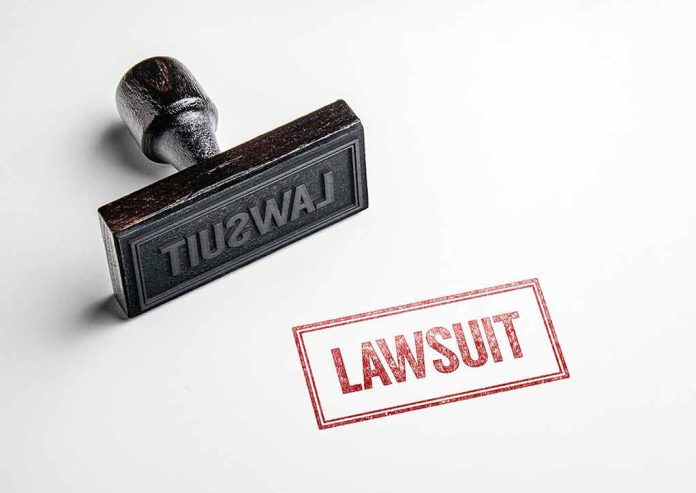
An Asian American businesswoman’s legal battle against PayPal raises critical questions about corporate racial bias.
At a Glance
- Nisha Desai, an Asian American entrepreneur, sues PayPal for racial discrimination in investment practices.
- Desai was allegedly excluded from PayPal’s $535 million investment program favoring Black and Hispanic-owned businesses.
- The lawsuit, filed in New York, argues PayPal violated federal and state civil rights laws.
- This case highlights broader questions about diversity and inclusion in corporate funding strategies.
Nisha Desai Takes on PayPal
Nisha Desai, a prominent Asian American entrepreneur, has filed a lawsuit against PayPal in the U.S. District Court for the Southern District of New York. She claims racial bias in PayPal’s investment initiatives led to her exclusion from its $535 million program aimed at minority businesses. Despite her minority status, Desai’s application was allegedly disregarded in favor of Black and Hispanic entrepreneurs, leading to financial losses for her venture capital firm, Andav Capital.
PayPal has been sued by an Asian American businesswoman who accused the digital payments company of racial bias for restricting part of a $535 million investment program to Black and Hispanic applicants, costing her millions of dollars.
More: https://t.co/7nU6yJTUOj
— Star-Advertiser (@StarAdvertiser) January 3, 2025
Desai, along with Andav Capital, asserts that PayPal’s actions breach federal and state civil rights laws. Her legal team, Consovoy McCarthy, is known for conservative legal advocacy, highlighting a critical debate about diversity and inclusion practices in corporate America. The case is part of a broader conservative initiative to reassess these practices across various sectors.
Potential Implications for Corporate Policies
The lawsuit suggests a larger narrative on how corporate diversity practices could unintentionally marginalize specific minority groups. Desai and her team accuse PayPal of violating Section 1981 of the Civil Rights Act of 1866 and additional state laws. If Desai succeeds, the ruling could significantly impact future corporate diversity and investment strategies.
“To PayPal and its executives, Asian Americans might be minorities, but they’re the wrong kind of minority,” Desai stated in her complaint.
Desai also aims for an injunction to halt PayPal from considering race in funding decisions. This legal maneuver underscores the challenges faced by Asian American and other minority business owners in the competitive landscape of corporate financing.
Corporate Diversity: A Double-Edged Sword?
This high-stakes legal battle raises questions about diversity, equity, and inclusion initiatives. While designed to assist minority groups, these programs might inadvertently create additional barriers for others, as Desai claims she faced. PayPal’s significant investment in Black and Hispanic-led businesses further complicates its position, suggesting its funding approach lacks adequate inclusivity across all minorities.
The lawsuit, Andav Capital et al v PayPal Holdings Inc et al, could serve as a landmark case if it forces PayPal and similar corporations to redefine racial considerations in their investment directives. PayPal’s reaction and any modifications in their funding policies could shape how corporate America navigates the intricate landscape of diversity initiatives in the future.





